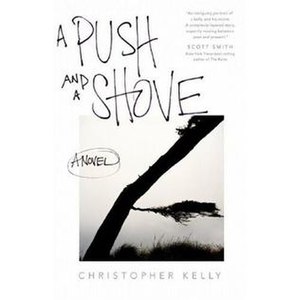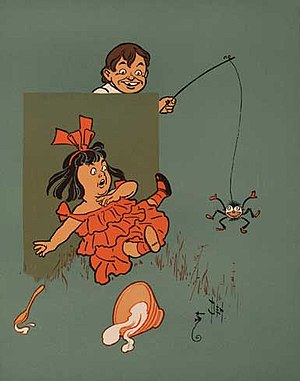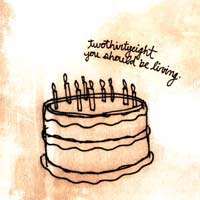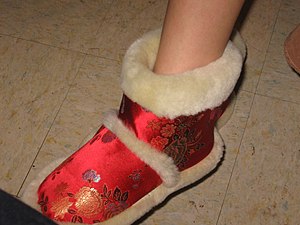There was an exhale. A ripple out, like dropping eyelids, a wave on a slow shore, turning a shoulder away and the head following; this was how her disclosure soundly rolled through the room.
I failed.
I don’t care how cocky you are, everyone fears. In the brain and body, sometimes, the parasympathetic is dominant and one feels calm. Fear isn’t on the mind. Another time, the sympathetic tone rises and you think, “A bear is chasing me!” Or, “That girl is coming to talk to me!” (It can feel synonymous. Wink.) Yes, that is fear. But the kind of fear I’m talking about here is the one germane to our conscious or even before conscious awareness that we will never be enough. There will always be someone. Smarter Her beat Me in AP Calculus. Someone the boy desires… more. The things like food, shelter, clothing, the money, the votes, the power, and someone other will trump Me. This fear comes from the Amygdala, an almond in the middle of the brain that holds our sensitive selves carefully within it’s tiny shell. Others will argue that it also comes from a magical outside-of-biology-morality. A qualifier or quantifier of personal value. Plink. A widow’s mite drops in; an offering of our small or great selves.
But wait. There’s another choker, ring and leash that sparkles around our slender neck; the whole perfectionism culture. This is the psychological influence on what makes us who we are, including our constitution of fear. This is what I wish I gave better to my world, to those I am in contact with. I wish, like Pinocchio, because I believe perfectionism is dishonest and lacks moral fiber. We are made better by our failures rather than worse. And if I were a philosopher, I’d recognize the tiring loop this swings me into… It is a failure to live in shame of my failure to receive the gain that failure brings. Round and round. An ice cream truck sounds music in the distance but I have no change. I’d like to especially tell my kids with my life, my actions, my all – “It is ok to be wrong.” Wrong wrong wrong is just fine. Pause. And then also, “It is ok to not pass, to miss, to play flat notes, to sit alone, to be unchosen, to work hard and fail.”
Beatrice, a graduate of the Medical School of Manila and residency in internal medicine, and later after six years of practice, immigrated to the US of A. She had taken the USMLE Boards Step One, twice and both times, failed. She could not do the training in the states that would allow her to practice here until she passed. In the mean time, her kids back in the Philippines, needed funds to live. Beatrice worked Door-Dash, while she studied and feared.
It would have been clanging “toxic positivity” for me to chirp, chirp, “It takes a lot of failures in order to succeed.” But help me, I wanted to! And forgive me, I have with others. Ugh.
What is the balance? Because there is truth here. All successes are preceded by a large mote of failures, conscious awareness of them or not. However that doesn’t prove that successes will follow. What’s the term in logic that this is in danger of? I think it would be a blend between causal fallacies and a hasty generalization. Sometimes there is just failure. A dump in the mossy monster infested water.
Because we are good psychiatrists, we will shake it down, and dutifully approach fear here with our “bio-psycho-social” paradigm. We have the brain, including the amygdala and it’s influences. We have the psychology of perfectionism. And we have the social of Beatrice’s children’s basic needs to survive.
How do we do self care with all this? If we have enough bank, we go toward the elements, separate and whole, in this paradigm. We pluck away where our suffering calls out to us most. We go forward knowing that whatever it is we are going through, we are not alone. It is common and normal, although unique because we are, each of us, an un-duplicated wonder. We use the reminder this approach offers that things are always more than they seem to our conscious selves and if we give to it, we will weave together a greater hope, with both the good and the bad, all seated at the Thanksgiving dinner table this year.
For Beatrice, we grieve with her the difficulty in her journey. We celebrate her hopes. We encourage without losing honesty. And we give treatment for the biological expression of underlying disease that harms the way she perceives her reality. This is our privilege.
Self-Care Tip: It is okay to be wrong, wrong, wrong. Keep on!
Questions: Would you please tell us about your fear?




















